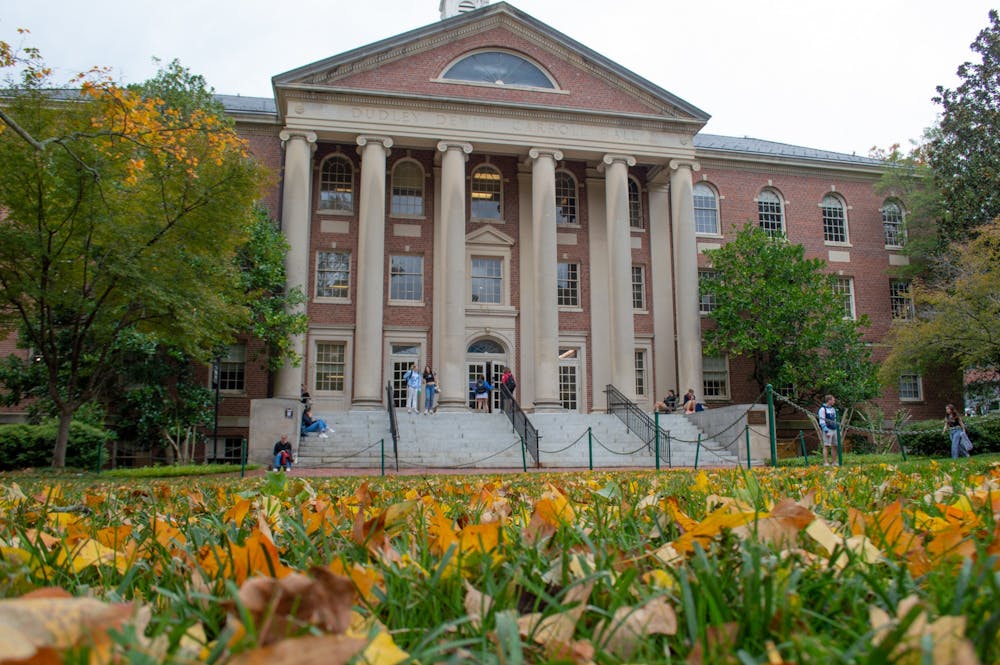This fall, Provost Christopher Clemens commissioned the UNC Generative AI Committee to help faculty and students adapt to the widespread use of generative artificial intelligence online. Following the committee's creation, some professors are designing coursework that teaches students to use artificial intelligence responsibly.
Kenan-Flagler Business School professor and committee member Mark McNeilly, who is already teaching classes that incorporate AI, said the extensive use of software like ChatGPT has many implications for the work of researchers and academics.
“We knew early on in the year that there was a need for the University to address generative AI, ensuring the proper use of it in academia by students and the ethical use of it,” McNeilly said.
ChatGPT and other machine-learning software — including chatbots, image generators and research assistants — have sparked ongoing conversations about ethics and academic honesty.
Steven King, an associate professor at the Hussman School of Journalism and Media and Kenan-Flagler, uses generative AI in his personal work and curricula.
“That’s another tool that students have access to," he said. "Now, there’s a right way to use that, so what we say is that we want them to use generative AI in a way that helps them to learn, not helps them to slack.”
McNeilly said he is currently teaching an “AI entrepreneurship” class, in which students will create a product or service with the help of AI. His goal is to teach students how to use AI responsibly by documenting how they use it and researching its output for false or biased statements.
“We’re encouraging our faculty to use it to improve their teaching, encouraging students to use it because they’re going to need these skills and encouraging faculty to make sure their students ‘get it’ through integrating AI into assignments,” he said.
In early 2023, BestColleges found that 31 percent of college students say their instructors have explicitly banned the use of generative software in coursework.




